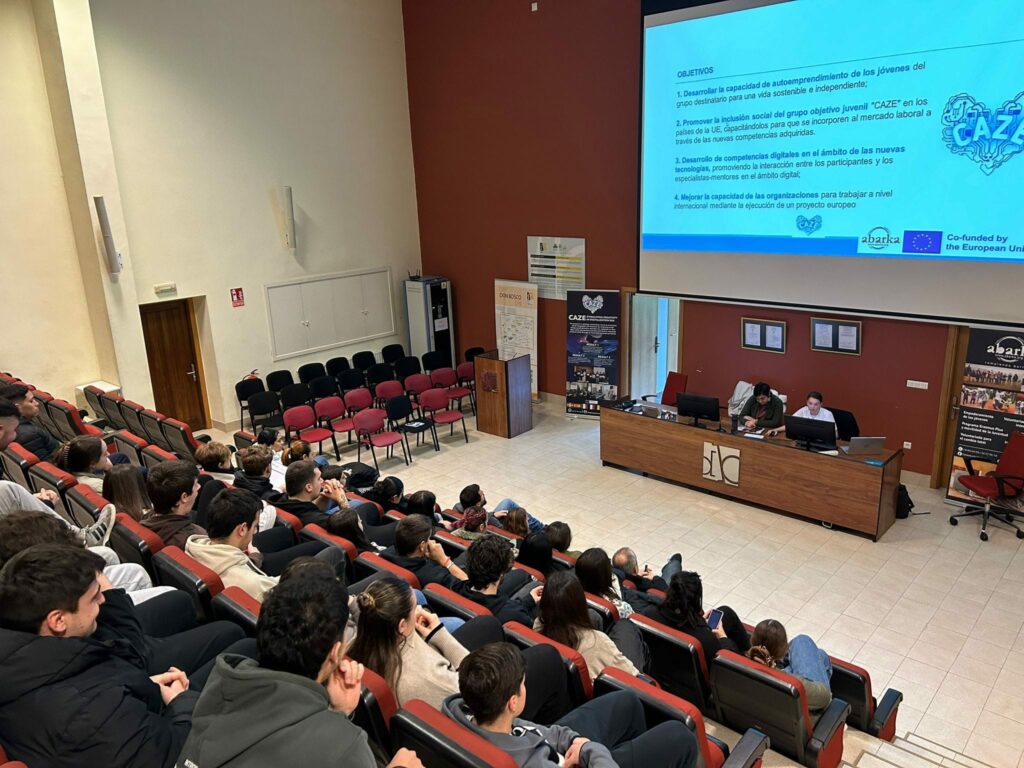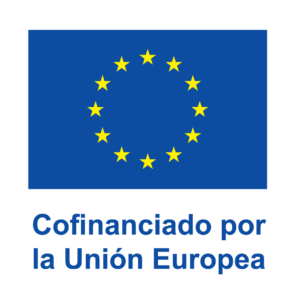The primary objective of the “Stimulating Creativity in the Digitalized Era” project is to foster social integration and inclusion through the retraining and empowerment of youth from disadvantaged backgrounds, specifically targeting those from rural areas, migrants, and individuals with limited opportunities. The project aims to achieve this by equipping them with entrepreneurial skills and digital literacy, thereby enhancing their employability and capacity for self-sustainability.

The objectives can be categorized into several key areas:
Developing Self-Entrepreneurship Capacities The project seeks to develop the capacity for self-entrepreneurship among the youth within the target group, aiming to provide them with the skills necessary for a sustainable and independent life. This involves training in various modern and digital tools essential for managing and growing small businesses. The focus is on practical skills that will enable these young individuals to capitalize on their basic skills and integrate into the EU labor market.
Promoting Social Inclusion One of the core objectives is to promote the social inclusion of the CAZE (Creativity and ZEal) youth by empowering them with skills that facilitate their entry into the labor market. This includes providing them with new skills and enhancing their existing ones, making them more competitive and self-reliant. The project aims to use digital tools and entrepreneurial education to remove barriers to employment and foster a sense of belonging and active participation in the community.
3. Enhancing Digital Skills A significant focus of the project is the development of digital skills among the target group. This involves training in new technologies, such as 3D printing, virtual reality, website and store design, and media literacy. By promoting interaction between participants and digital specialists, the project aims to boost the digital competencies of the youth, making them proficient in the tools necessary for modern e-commerce and other digital ventures.
4. Capacity Building for Organizations The project aims to enhance the capacity of participating organizations to operate at an international level. By implementing a European project, these organizations will gain experience and improve their ability to work on large-scale, cross-border initiatives. This capacity building is expected to lead to better support for the target youth groups and the development of sustainable practices that can be replicated and scaled across different regions and contexts
5. Cultural Integration and Diversity Appreciation Another objective is to increase the value of cultural differences and promote the integration of youth at local, national, and European levels. The project recognizes the valuable but often unused craft skills that many young migrants bring with them. By developing cross-cutting and entrepreneurial skills, the project will help these individuals to overcome barriers and capitalize on their unique talents, thus facilitating their integration into the EU labor market.
6. Creating and Utilizing an E-Commerce Platform The project plans to develop an e-commerce platform specifically designed for selling handmade ethnic and traditional products created by the CAZE youth. This platform will serve as a practical tool for applying the skills learned and will provide a real-world outlet for their entrepreneurial activities. The platform is expected to be multilingual and user-friendly, ensuring broad accessibility and effectiveness

7. Innovative Educational Formats The project will develop innovative educational formats tailored to the needs of the youth CAZE craftspersons. This includes upskilling and reskilling pathways that leverage their existing craft skills while integrating new digital competencies. The training format will take into account intercultural differences and aim to foster a comprehensive skill set that supports both social and professional reintegration.
8. Networking and Transnational Cooperation By fostering cooperation among European youth organizations, the project aims to build a robust network that enhances the sustainability and capacity of youth workers to develop the potential of young people from rural areas, migrants, and those with limited opportunities. This network will facilitate the exchange of best practices, promote international collaboration, and enhance the overall impact of the project.
9. Impact and Dissemination The project aims to generate a significant positive impact both internally within the consortium and externally among broader stakeholder groups. This includes improving the skills and employability of the youth, enhancing the operational capacities of participating organizations, and promoting social inclusion and cultural appreciation. Dissemination strategies will ensure that the project’s results and tools are widely accessible and can be used by other stakeholders even after the project’s completion.
10. Sustainability and Long-term Goals The project is designed with a long-term perspective, ensuring that the benefits and tools developed remain accessible and usable beyond the project’s duration. This includes maintaining the e-commerce platform, continuing to provide training resources, and supporting the ongoing use of digital tools and entrepreneurial skills by the target youth groups.

Disclaimer: The project “2021-1-ES02-KA220-YOU-000028880 – Stimulating creativity in digitalization era (CAZE)” is co-financed by the European Union. The opinions and viewpoints expressed in this publication are solely those of the author(s), that is, the project partner consortium, and do not necessarily reflect those of the European Union or the Spanish National Agency. Neither the European Union nor the National Agency can be held responsible for them.
![]() This work © 2021 by ABARKA ONGD AND PARTNERS is licensed under Creative Commons Attribution-NonCommercial-ShareAlike 4.0 International
This work © 2021 by ABARKA ONGD AND PARTNERS is licensed under Creative Commons Attribution-NonCommercial-ShareAlike 4.0 International